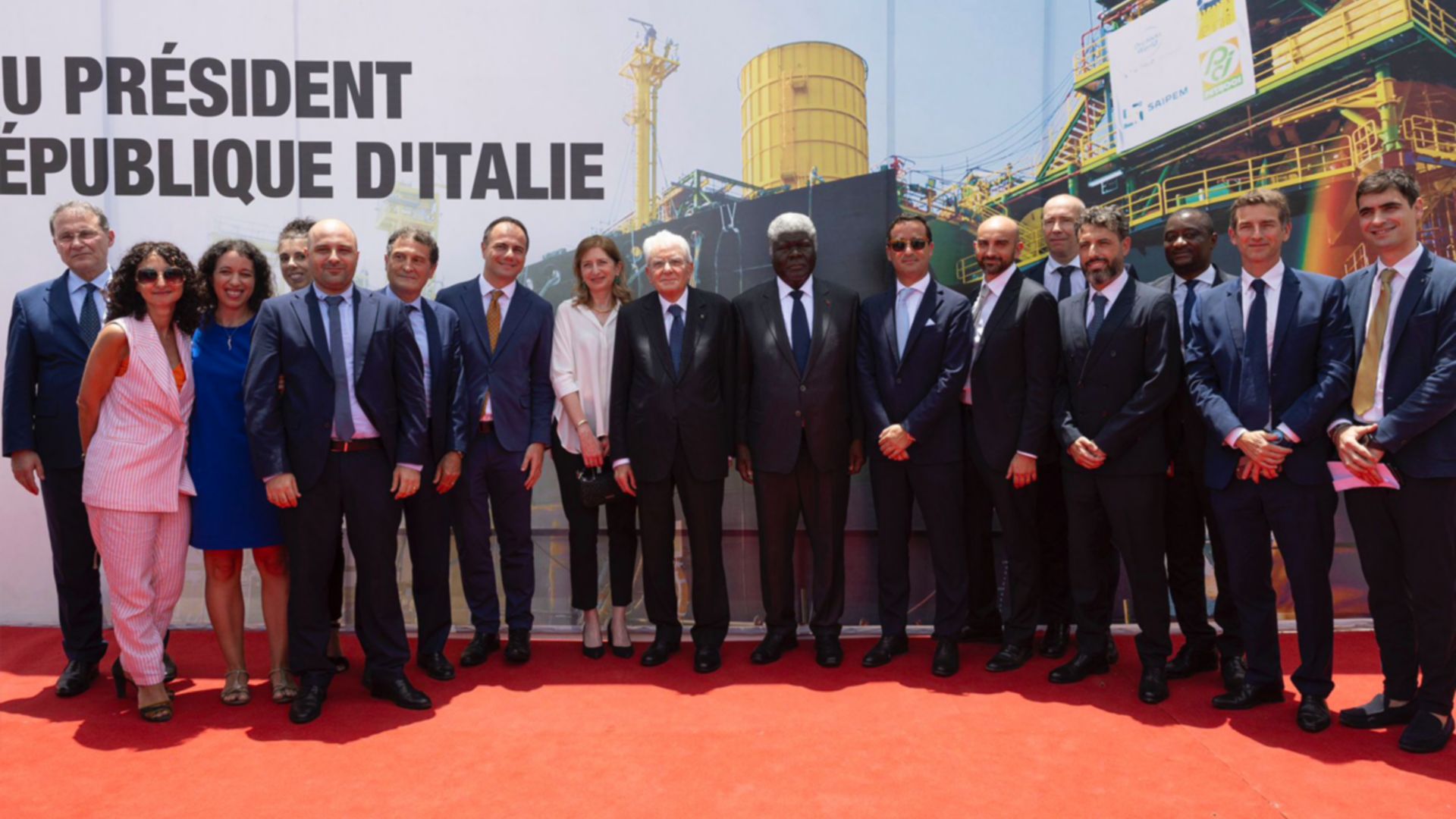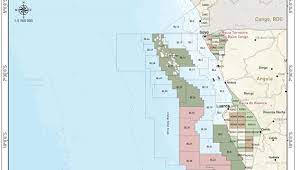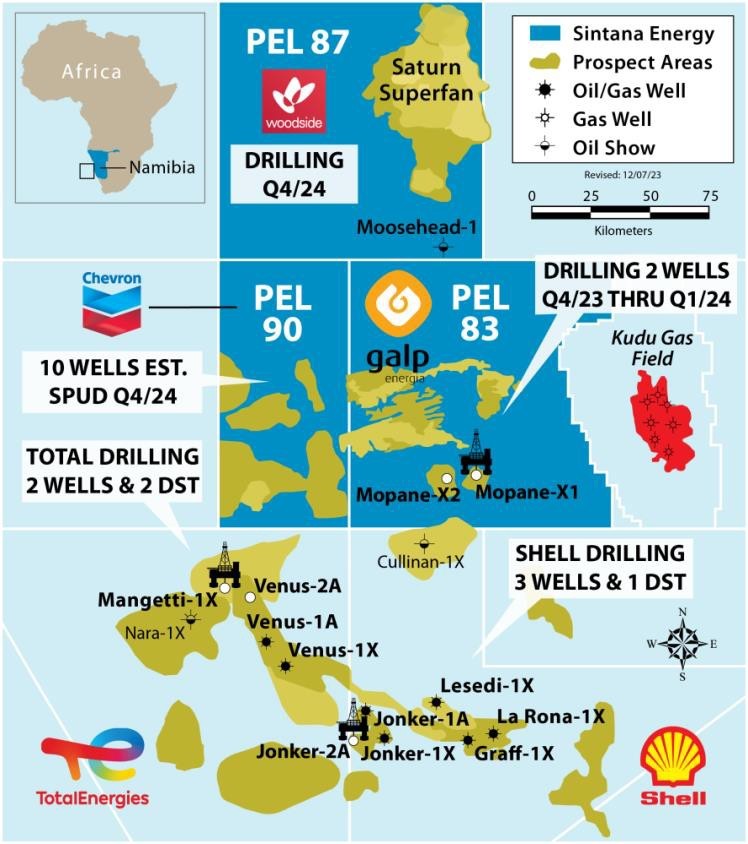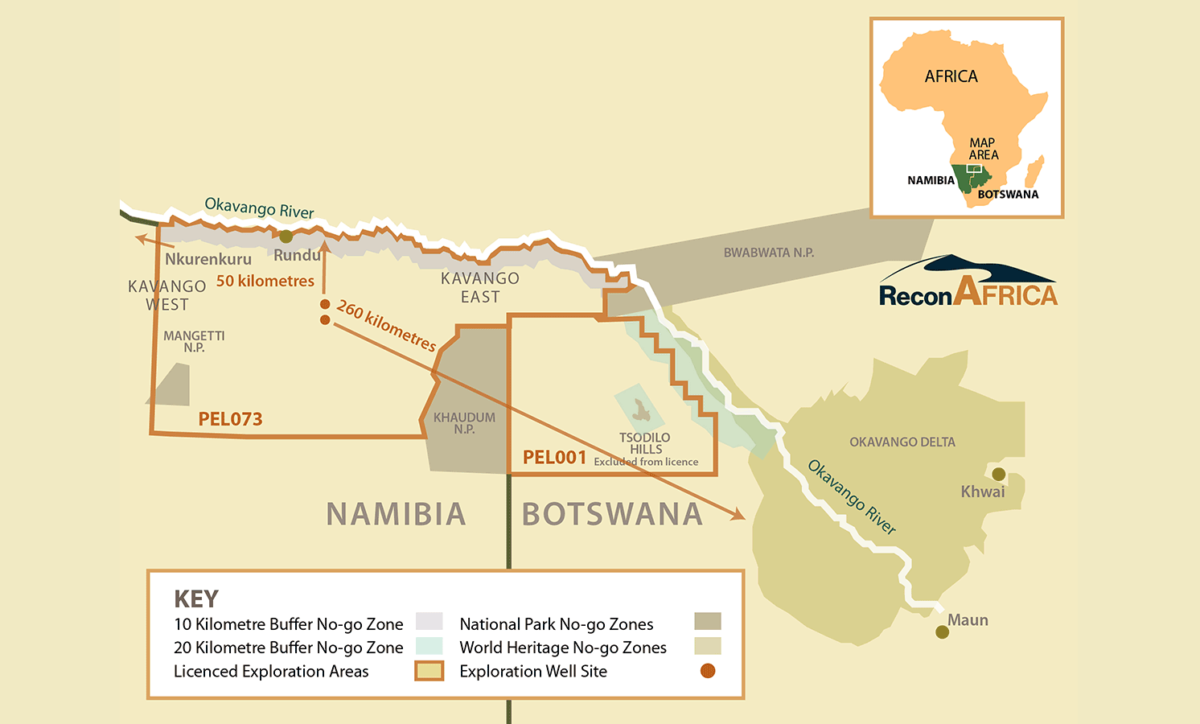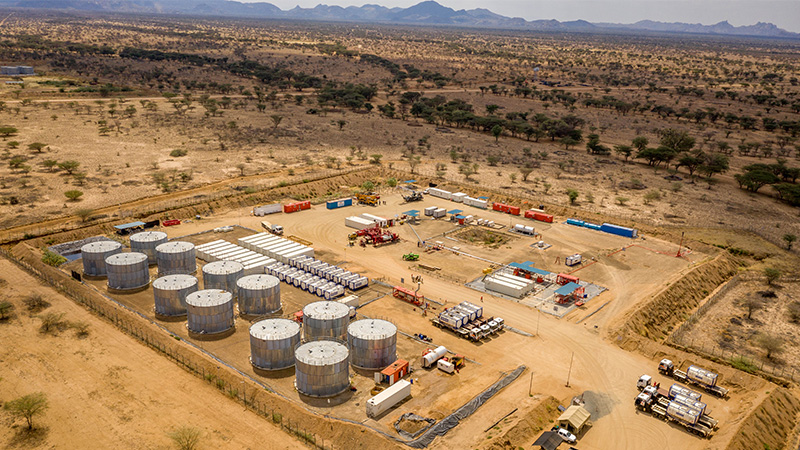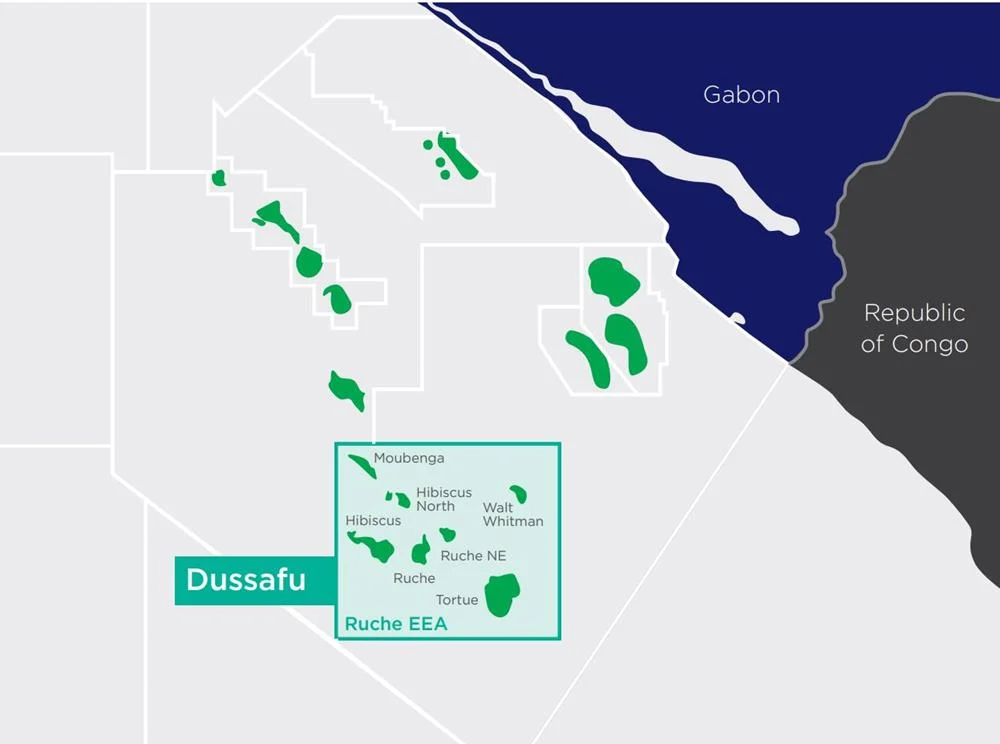US Funding For Kenyan Pipeline Viewed Suspiciously Back Home
Days after the US ambassador to Kenya expressed the desire to help Kenya source funding for a pipeline from the Lokichar basin critics at h0me are questioning Obama’s allegiance to Americans coming months after he vetoed the TransCanada Keystone XL pipeline.
While the critics are not against US support of the East African pipeline they question why the US government would be willing to support a project that provides employment to Kenyans and veto a project that would lead to thousands of jobs for American pipeline workers.
Another major difference between the Lokichar to Lamu pipeline in Kenya and the Alberta to Nebraska pipeline is the is that whilst the Kenyan pipeline is seeking funding the proposed 1,179-mile (1,897 km), 36-inch-diameter crude oil pipeline had seen full funding prior to the rejection.
Critics further argue that the Kenyan pipeline will have no direct benefits for the US while the Keystone XL pipeline would have allowed Canadian and American oil producers more access to the large refining markets found in the American Midwest and along the U.S. Gulf Coast.
The Keystone XL pipeline will also have capacity to transport up to 830,000 barrels of oil per day to Gulf Coast and Midwest refineries, reducing American dependence on oil from Venezuela and the Middle East by up to 40 per cent.
While details of discussions by Ambassador Godec and Kenya’s cabinet secretary for energy and petroleum Charles Keter are scanty the move could have a host of benefits for American corporations which could land deals to supply construction materials as well as carry out engineering works.
The Lokichar-Lamu pipeline is also part of the larger $26 billion Lamu Port Southern Sudan-Ethiopia Transport (LAPSSET) Corridor that the government hopes will transform the Kenyan economy. LAPSSET corridor projects also include:
A port at Lamu, Standard gauge railway line to Juba and Addis Ababa, the South Sudanese and Ethiopian capitals. Road network, Oil pipelines (Southern Sudan and Ethiopia), Oil refinery at Bargoni, Three airports and three resort cities (Lamu, Isiolo and Lake Turkana shores).
This is in fact the new way of doing business in Kenya and Africa in general invented largely by the Chinese who are currently pursuing major infrastructural works largely financed by Chinese Banks.
In Kenya this is the case for the largest infrastructure works currently the $3.8 billion standard gauge railway that has been financed by the China Exim Bank (90%) while the government will finance the remaining 10%. The contractor in the project is the China Road and Bridge Corporation, a subsidiary of China Communications Construction Co.
Chinese companies are also undertaking works in various major projects including the $11 billion Bagamoyo port in Tanzania also financed by the Chinese as well as projects in Angola, Zimbabwe among other states.
In the US TransCanada recently announced a $15 billion suit against the government through the North American Free Trade Agreement, calling the decision “arbitrary and unjustified”.
It is not however clear whether any of these developments in the US could in any way sabotage funding for the Lokichar-Lamu pipeline.





